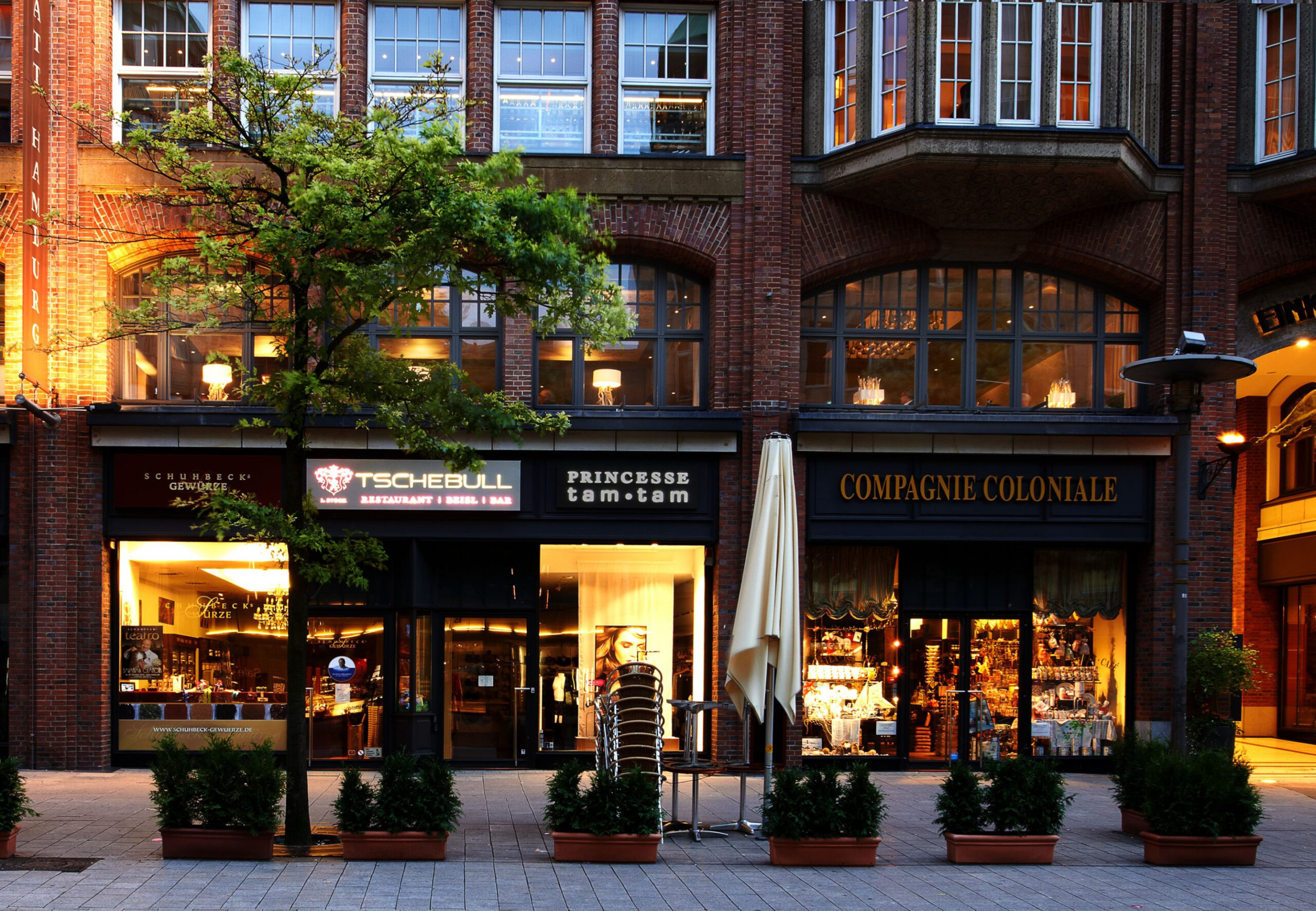HAMBURG
WELCOME TO HAMBURG
State Overview
Hamburg
755 km2
1.9 million
German
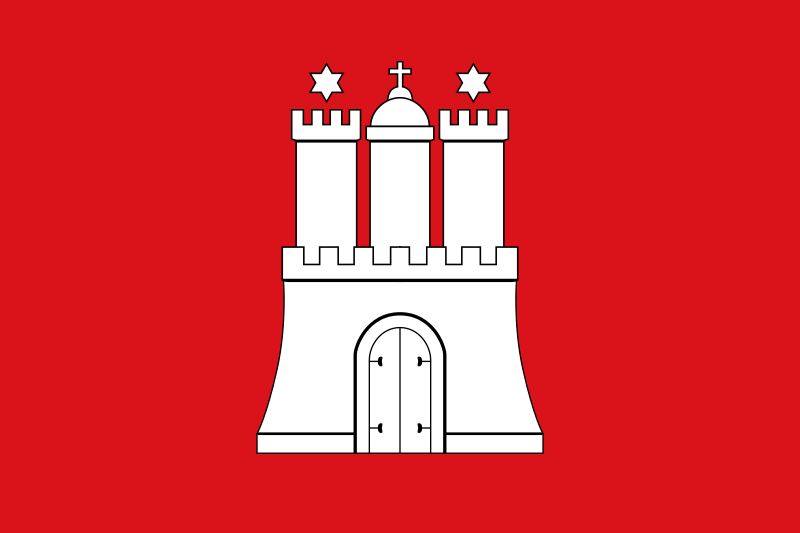
Popular
Geography and Tourist Attractions
Information about the state's tourist attractions, including popular destinations, events, and activities.
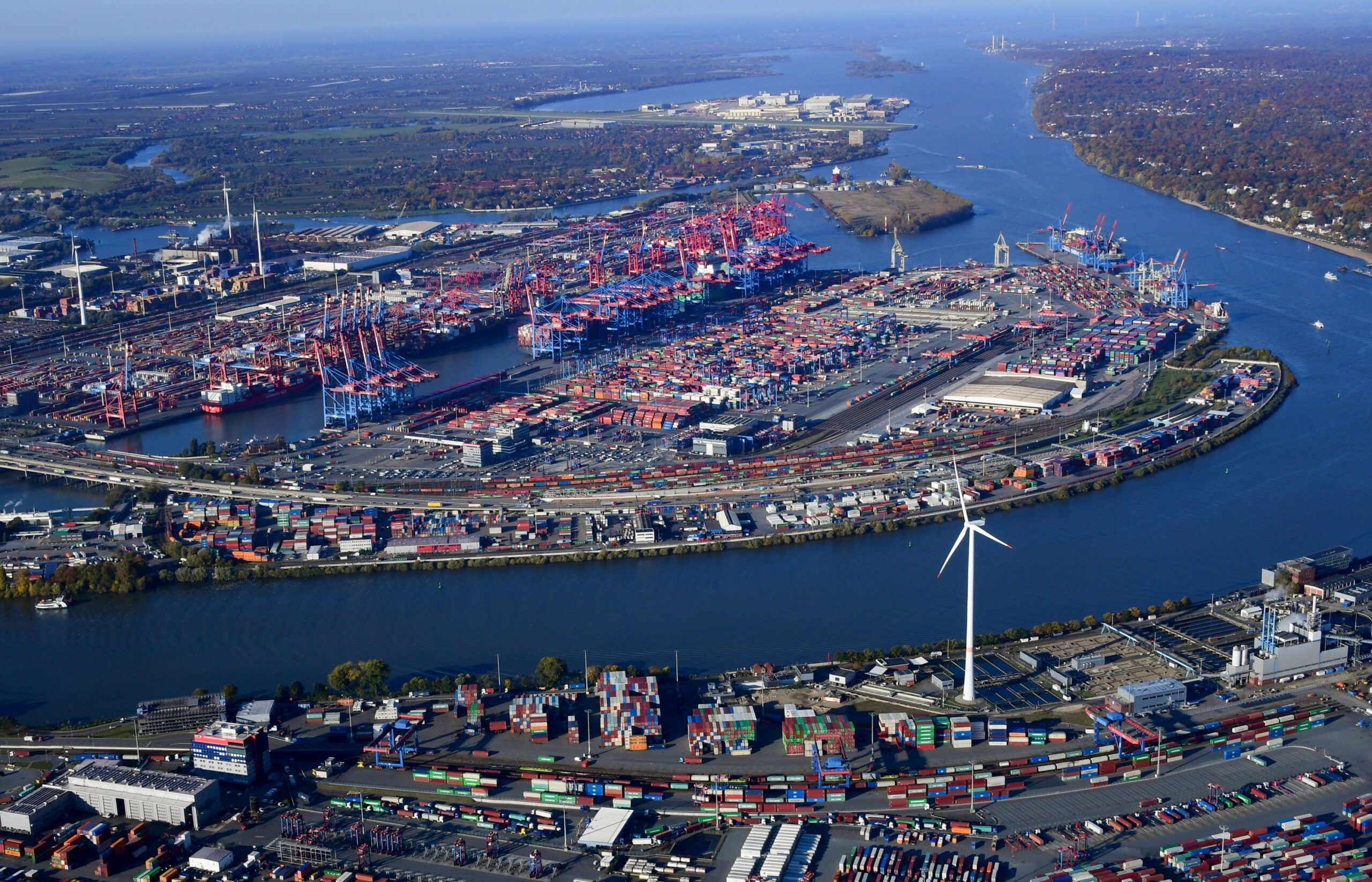
The Port of Hamburg
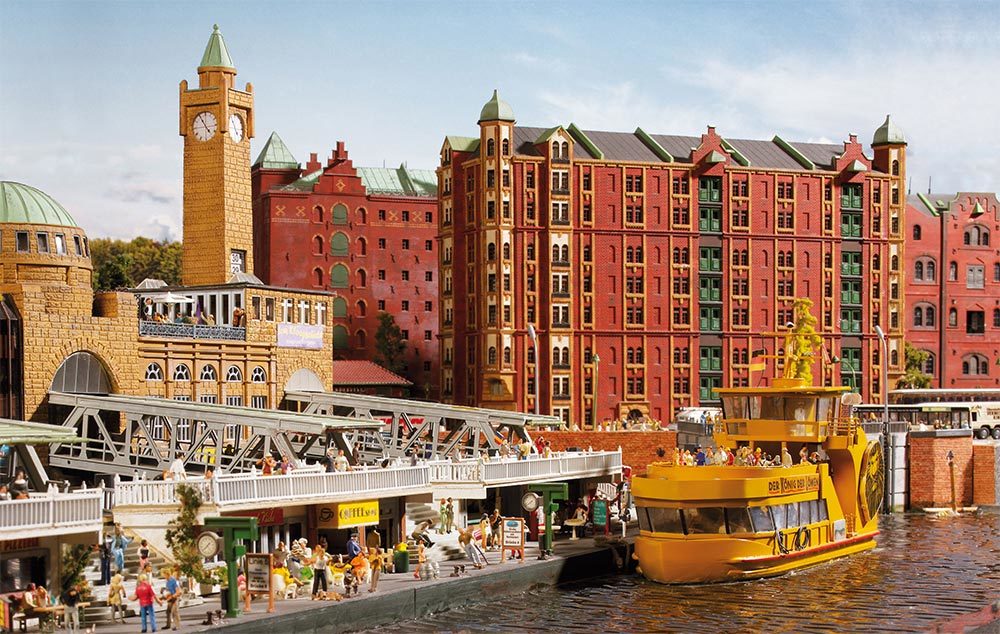
Miniatur Wunderland
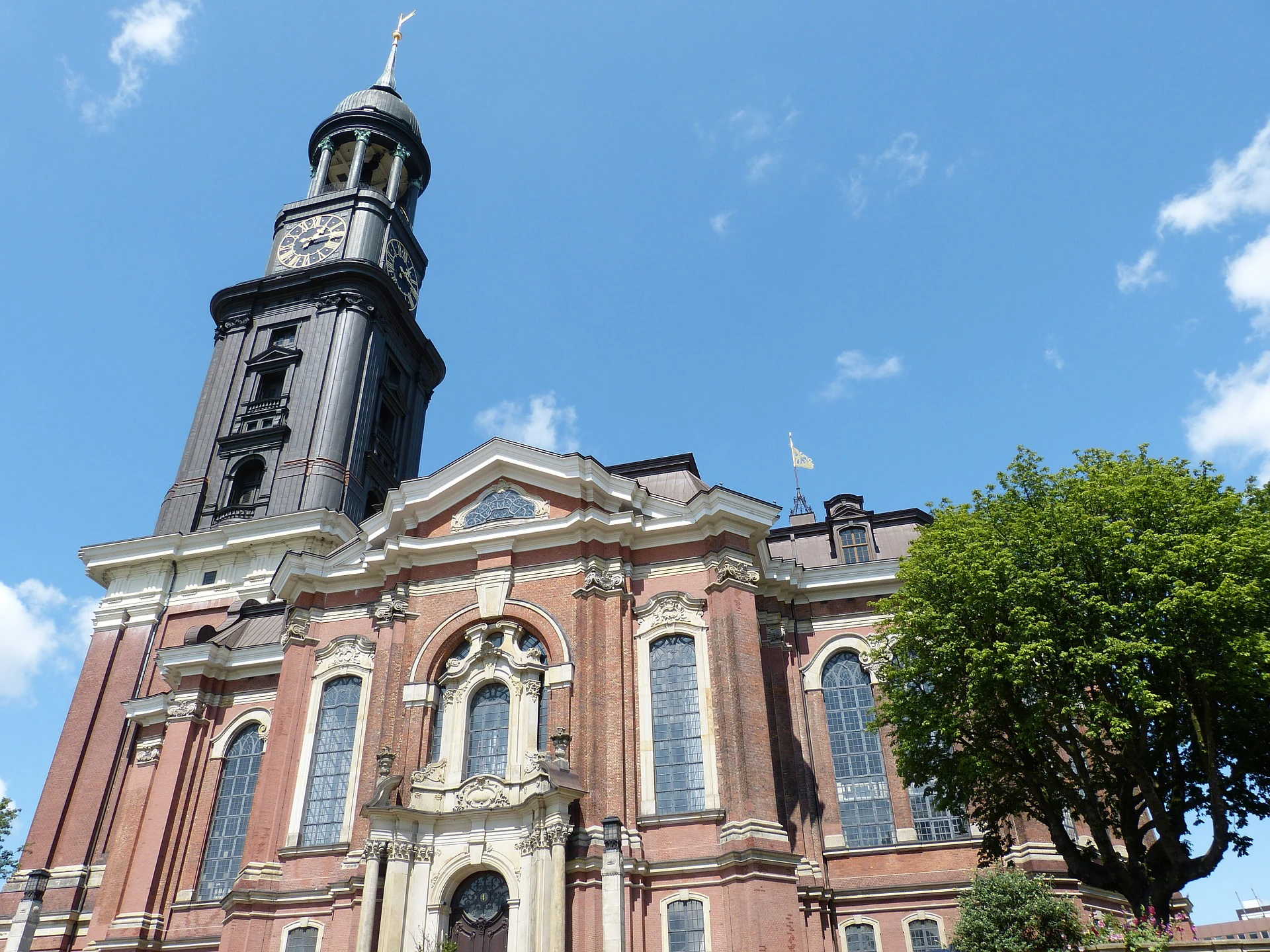
St. Michaelis Church
Political
Economy and Government
Hamburg is the second largest city in Germany and serves as a major economic and cultural hub. The city has a diversified economy, with a strong focus on the services sector, including finance, media, and tourism. It is home to many large corporations, including Airbus, Beiersdorf, and Hapag-Lloyd. The port of Hamburg is also a major contributor to the city's economy, providing thousands of jobs and facilitating international trade.
The government of Hamburg is led by a mayor and a city council. The city has a long history of progressive politics and has traditionally been a stronghold of the Social Democratic Party. In recent years, the Green Party has also gained significant support, and the current government is a coalition between the Social Democrats and the Greens.
Hamburg is known for its strong commitment to sustainability and environmental protection. The city has set ambitious goals for reducing carbon emissions and has invested heavily in renewable energy and public transportation. Hamburg is also a leader in promoting gender equality and social justice, with policies aimed at reducing income inequality and supporting marginalized communities.
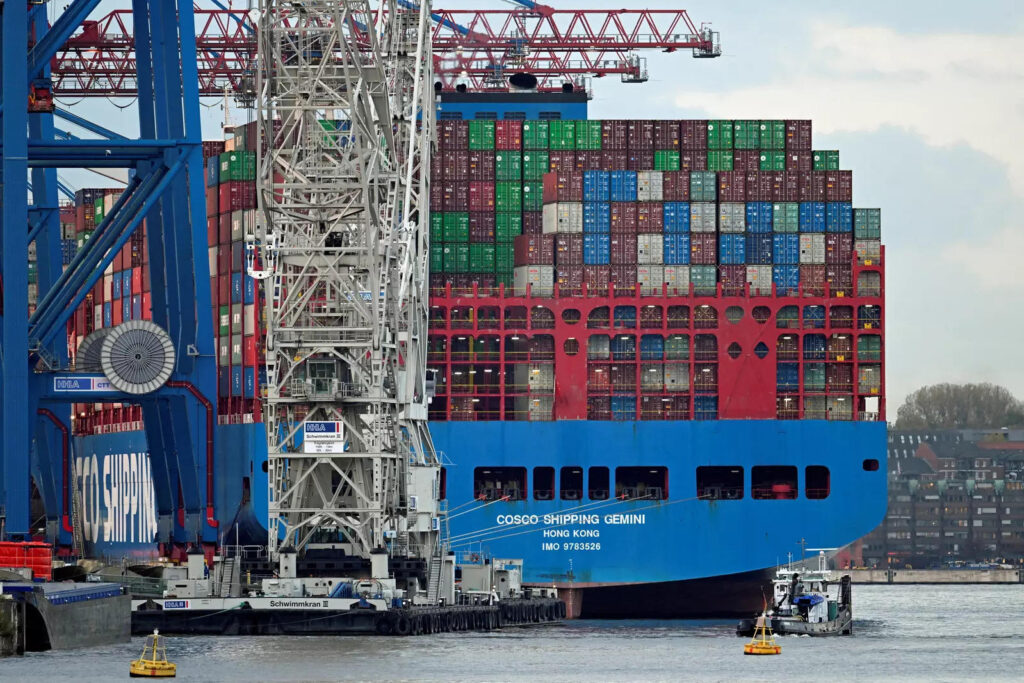
History
History and Culture
Hamburg has a rich history dating back over a thousand years. The city was founded by Charlemagne in the 9th century and became an important center of trade and commerce during the medieval period. In the 19th and early 20th centuries, Hamburg became a major industrial city, with a thriving port and manufacturing sector.
Today, Hamburg is known for its vibrant cultural scene, with a wealth of museums, galleries, and theaters. The city is home to several major music festivals, including the Hamburg International Music Festival and the Reeperbahn Festival, which focuses on new and emerging artists.
Hamburg is also famous for its cuisine, which reflects the city's long history as a trading hub. The city is known for its seafood dishes, as well as its traditional Hanseatic cuisine, which features hearty stews and roasted meats.
The city has a strong tradition of liberalism and social progressivism, and has been at the forefront of movements for LGBT rights and gender equality. Hamburg is also home to a large immigrant population, with significant communities from Turkey, Italy, and Eastern Europe. The city has a reputation for being welcoming and inclusive, with a diverse and multicultural population.
HOTELS
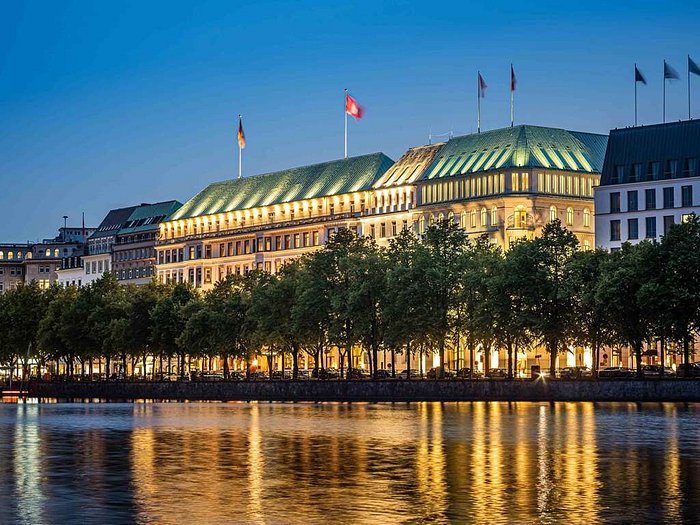
Fairmont Hotel Vier Jahreszeiten
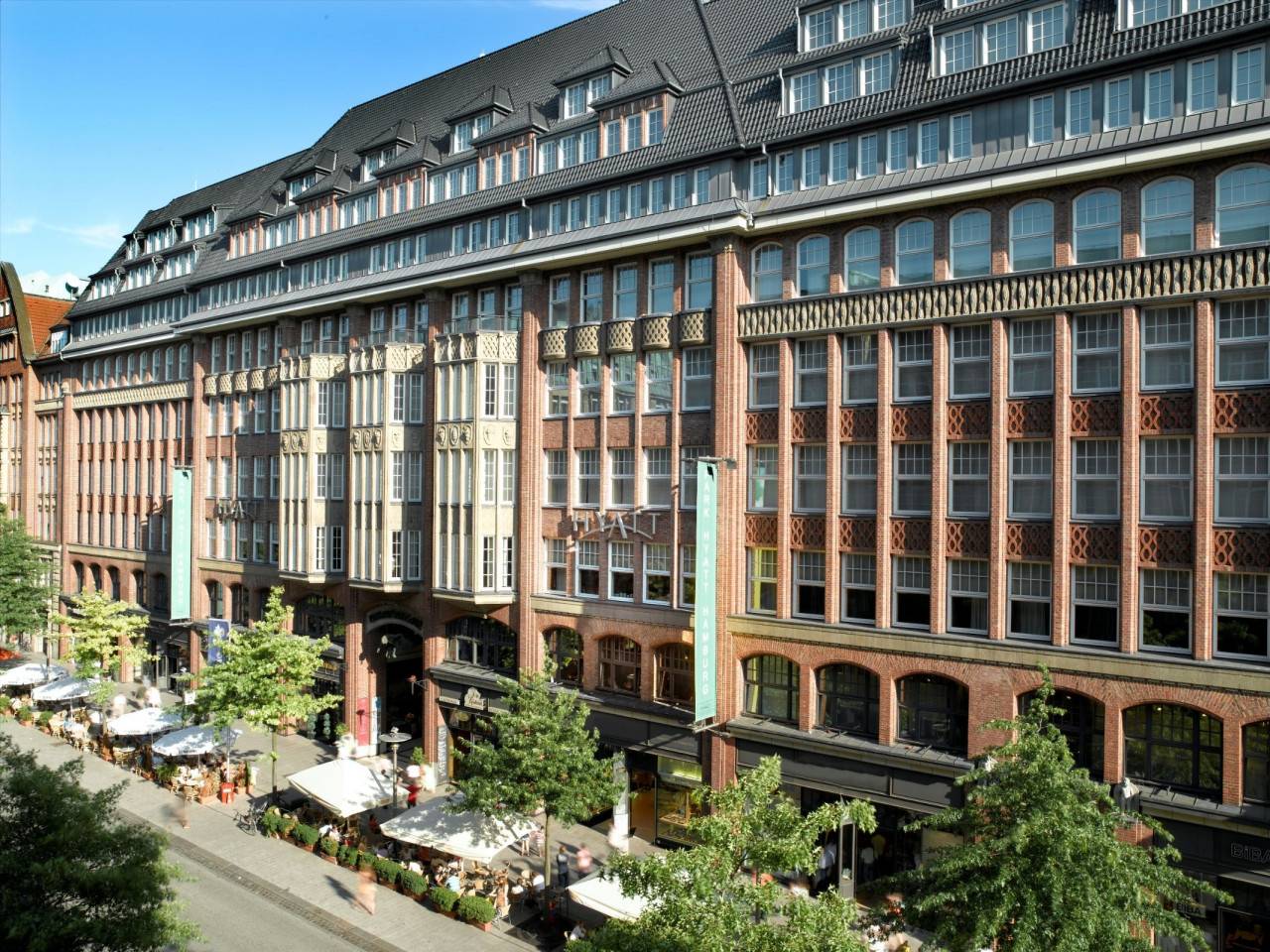
Park Hyatt Hamburg
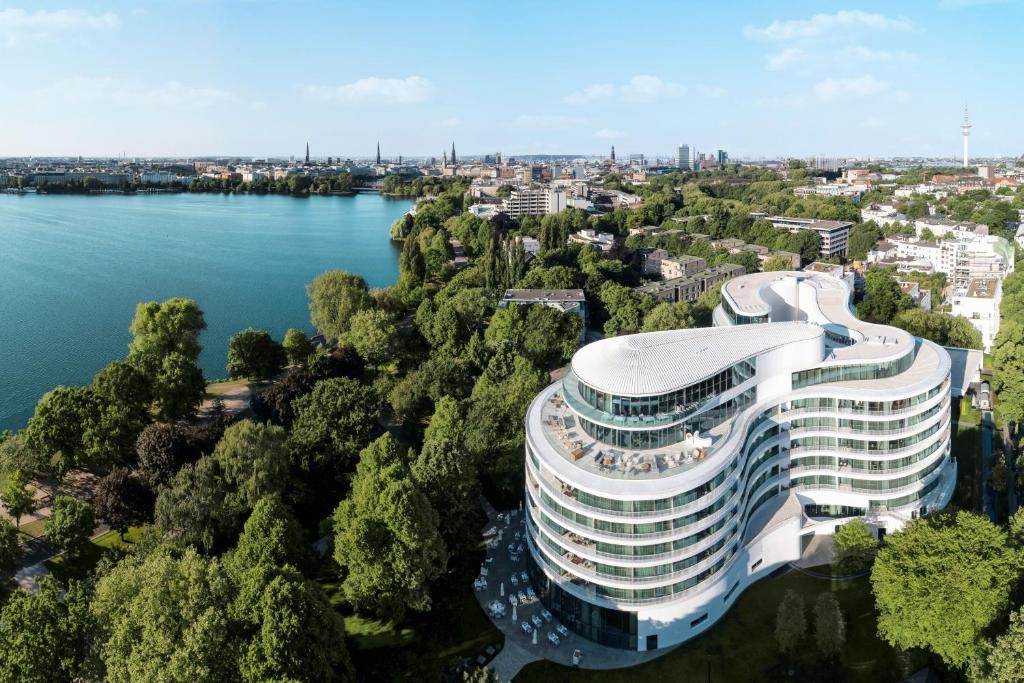
The Fontenay
RESTAURANTS

The Table Kevin Fehling

Haerlin
